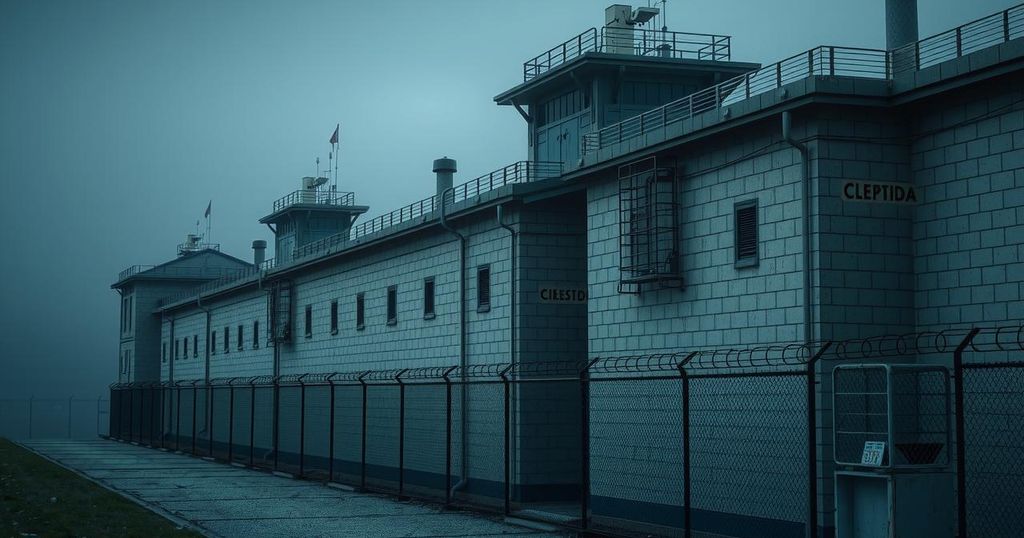Ecuadorian Ministers Visit El Salvador’s Maximum-Security Prison for Insights

Ecuadorian ministers visited El Salvador’s max-security prison, CECOT, to explore security measures and strategies amid rising crime rates in both countries. Defense Minister GianCarlo Loffredo and Interior Minister John Reimberg’s tour aims to foster cooperation and improve their home country’s prison management and security policies.
Ecuadorian officials have recently paid a visit to El Salvador’s maximum-security prison, known as the Terrorism Confinement Center (CECOT). Defense Minister GianCarlo Loffredo and Interior Minister John Reimberg toured the facility on Tuesday. This visit comes amidst growing concerns about violence and crime in both nations, as they seek insights into security measures and rehabilitative practices within the prison system.
The CECOT is specifically designed to house dangerous criminals, particularly those linked to organized crime and terrorism. With a capacity exceeding 1,700 inmates, the prison is renowned internationally for its rigorous control and security protocols. Ecuadorian ministers are hoping to glean lessons from El Salvador’s experience in managing such high-risk populations.
During the tour, Ecuadorian ministers were expected to observe various aspects of prison life and security operations. El Salvador has faced its own challenges with violent crime, which has pushed the government to take drastic measures in recent years, including the construction of large-scale facilities to accommodate inmates. The ministers’ agenda likely included discussions on best practices and potential collaborations between the two countries.
Back home in Ecuador, the security situation remains precarious as the nation grapples with rising crime rates and violent incidents. Hugo Montalvo, a political analyst, mentioned that these kinds of visits are critical for neighboring countries dealing with similar crime rates, saying, “Countries can exchange valuable intelligence and strategies on maintaining law and order.” This marks a significant moment of international cooperation to address crime.
Media coverage surrounding the ministers’ visit highlights a broader regional strategy toward crime prevention and prison reform. Both Ecuador and El Salvador have witnessed varying approaches to mitigating crime; sharing experiences could lead to positive developments in policy and governance. As the situation evolves, policymakers might consider similar visits to further enhance the security landscape in their respective countries.
In conclusion, Ecuadorian ministers visited El Salvador’s maximum-security prison to study advanced security measures. The visit is a reflection of the ongoing effort to tackle crime and enhance prison management. Insights gained from El Salvador’s experiences could influence future strategies in Ecuador as both nations strive to improve safety and security for their citizens.
The Ecuadorian ministers’ tour of El Salvador’s high-security prison aims to improve prison management and anti-crime strategies in their own country. With rising violent crime in both nations, learning from El Salvador’s security protocols and practices may provide valuable insights. Cooperation and shared strategies could lead to better outcomes for both Ecuador and El Salvador as they confront similar issues with organized crime and violence.
Original Source: lufkindailynews.com







